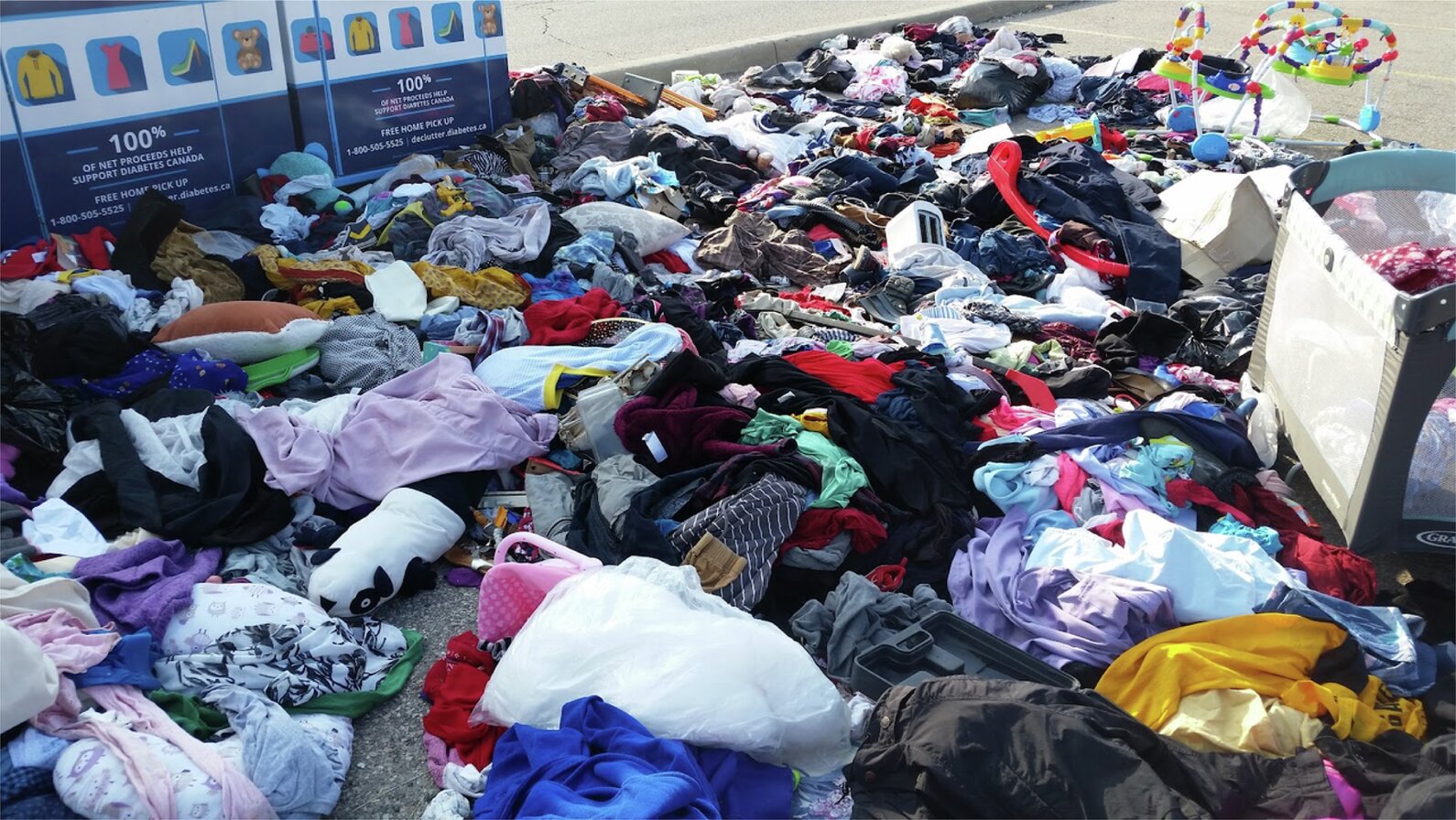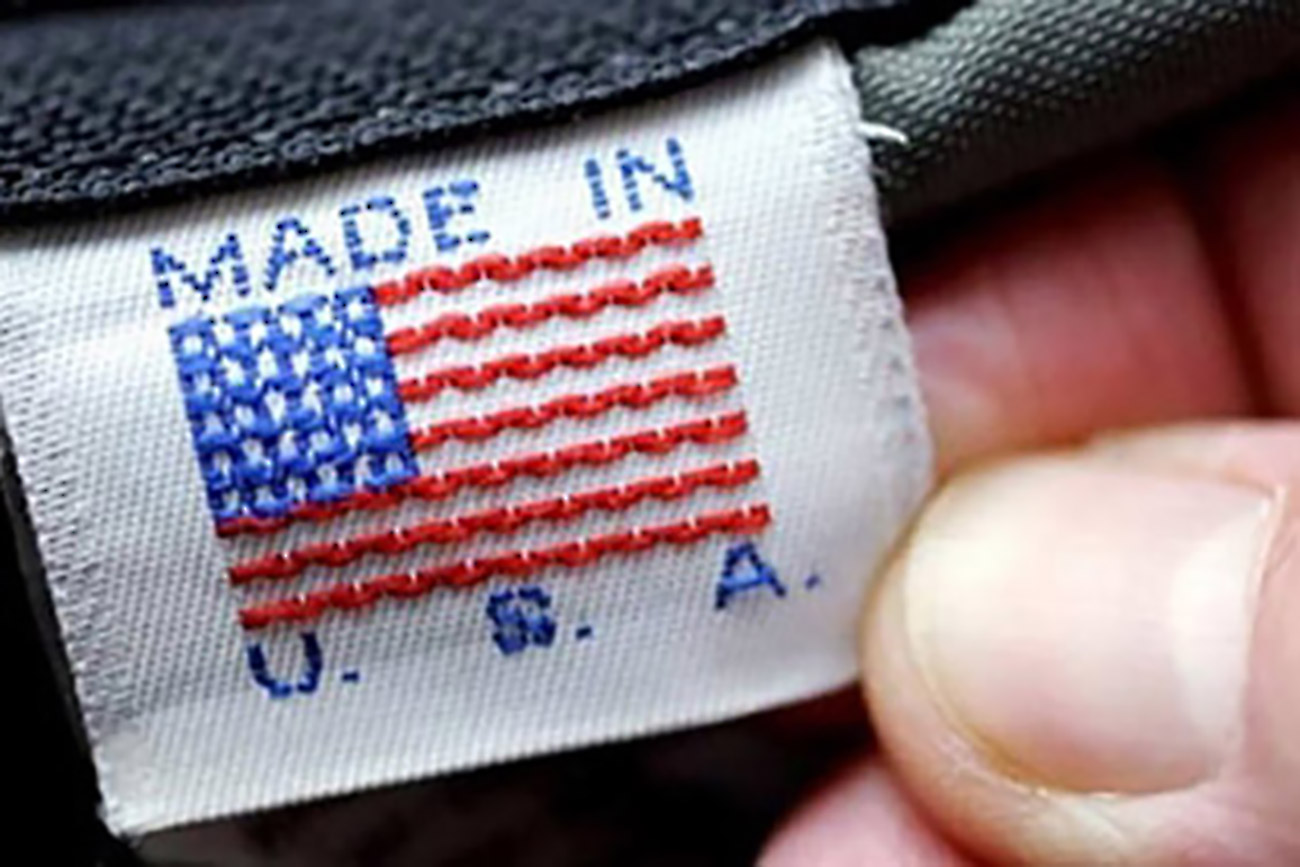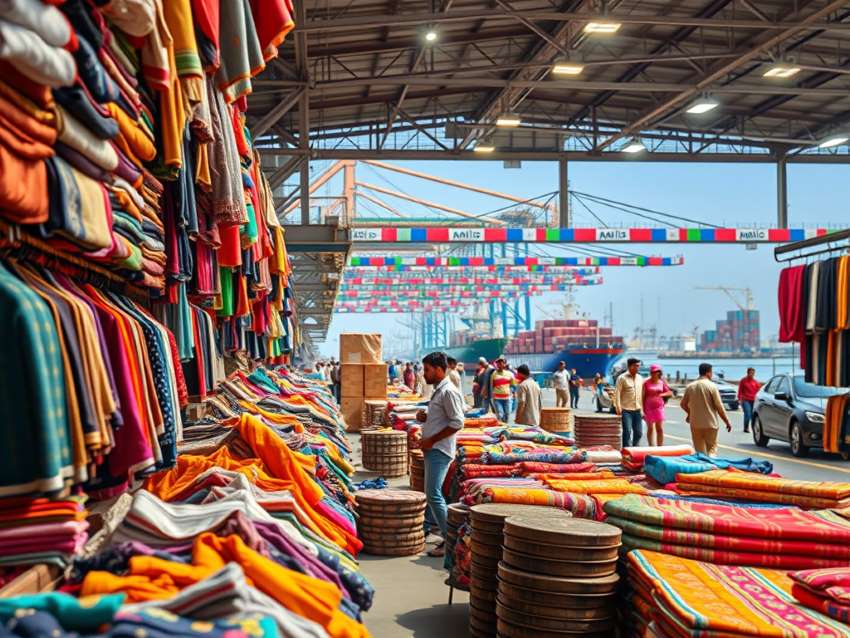
Bangladesh’s biggest foreign exchange revenue is from readymade garment exports wherein it enjoys the position of being the world’s second largest exporter after China. When this South Asian nation’s apparel exporters face a challenge due to escalating yarn prices in the domestic market, it puts this competitive sector that works in slim margins and places the sector in a precarious position. Bangladesh’s textile mills have cited multiple reasons why they have been forced to increase the price of yarn and they are legitimate reasons.
Buy local yarn, save the dollar
Bangladesh has been facing serious foreign exchange shortage for last few years and managed to secure a IMF loan, at the beginning of the year. The Bangladesh Textile Mills Association (BTMA), has been continually urging local manufacturers and exporters of readymade garments to buy locally produced yarn and save forex spent on importing. Industry leaders, economists and government advisors have also promoted this idea on how to support the local textile mills and prevent stockpiling of inventory and save the dollar for importing more important items.
Moreover, local garment manufacturers prefer using locally-made yarn instead of imported ones to maintain the current lead times of 45 to 60 days demanded by buyers, whereas earlier it was 90 to 120 days. However, textile mills have had to contend with high energy costs and higher cost of raw material, necessitating them to increase yarn prices. The most -consumed 30-carded yarn, used for less expensive, more basic projects, has been selling between $3.50 and $3.60 per kg whereas it was $2.90 to $3.10 a month ago, say textile mill owners. Faruque Hassan, President, Bangladesh Garment Manufacturers and Exporters Association (BGMEA), say as orders for readymade garment export as well as for locally produced textiles have increased, mills have leveraged the demand to increase the price of yarn to make up for years of losses and static inventory.
RMG manufacturers face the heat
Readymade garment makers are rightfully perplexed by the price rise as it cuts drastically into their already slim margins, prompting them to head for sources that are cheaper. BGMEA spokesperson Mohammed Ali Khokon stated that in the first week of July 2023, the price of 30-card yarn in the domestic market stood at $ 3.20 per ounce and that within the month, jumped to $ 3.50, and increase of $0.30 cents. Indeed, Khokon understands that textile mills have been operating under losses for a while with energy and raw material costs on an upward spiral, it hits the RMG sector hard.
Apparently, BGMEA members had agreed to pay a slight premium to purchase locally-produced yarn in show of solidarity and support but the recent price spikes are beginning to hurt their interests. Many BGMEA members are of the idea that yarn be imported as they can sources at lesser price. However, there are two roadblocks to this as well – the lead time will become longer and affect the running of production to meet deadlines. The other crucial problem is that Bangladesh’s foreign currency reserves are being built on by the government, making it difficult for individual manufacturers secure dollars for importing yarn that is readily available in the country.
At the moment, Bangladesh needs to leverage the increase in orders and make the most of their competitive pricing – the two bodies BTMA and BGMEA need to work with the government to sort out the bottleneck.












